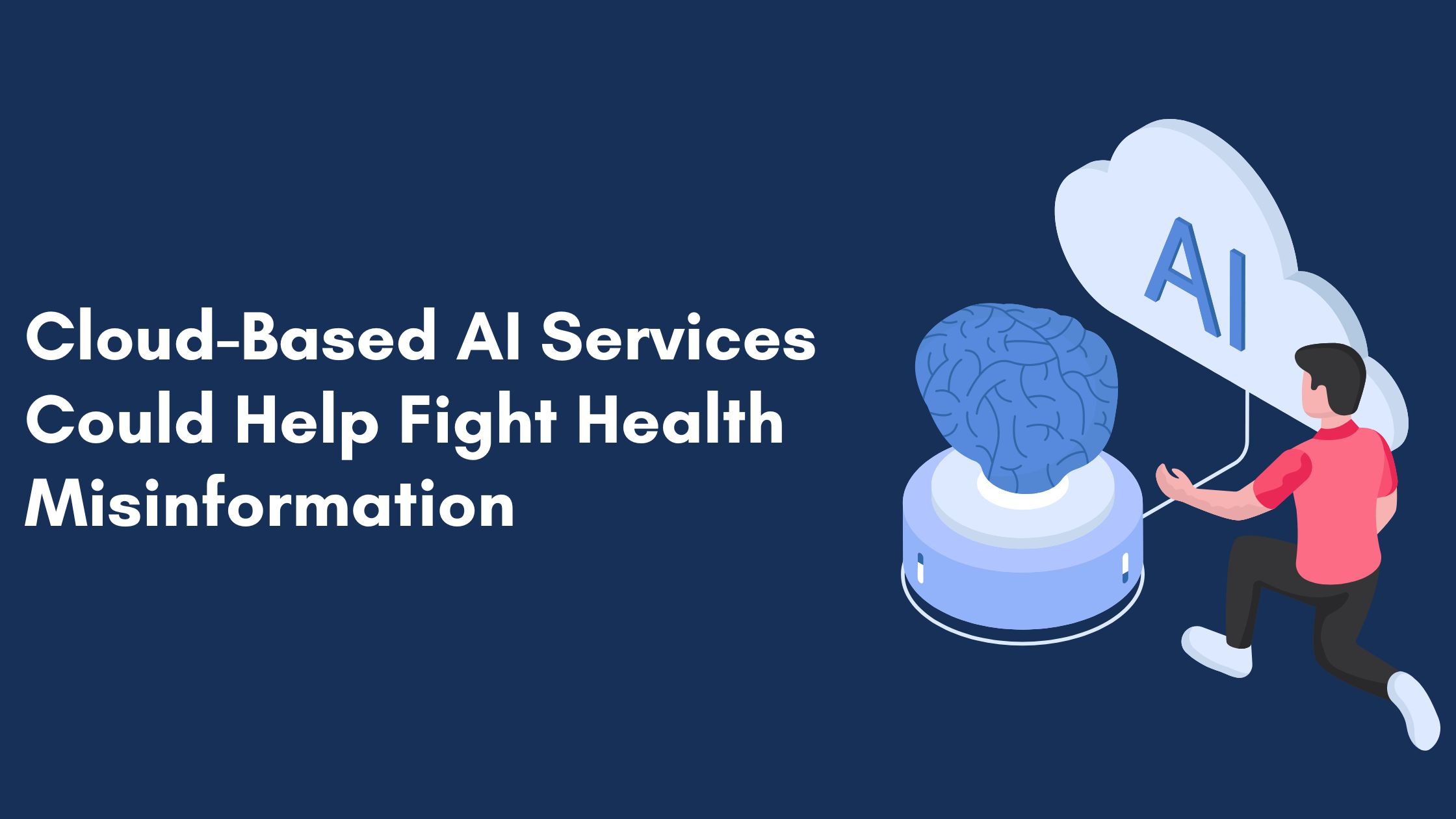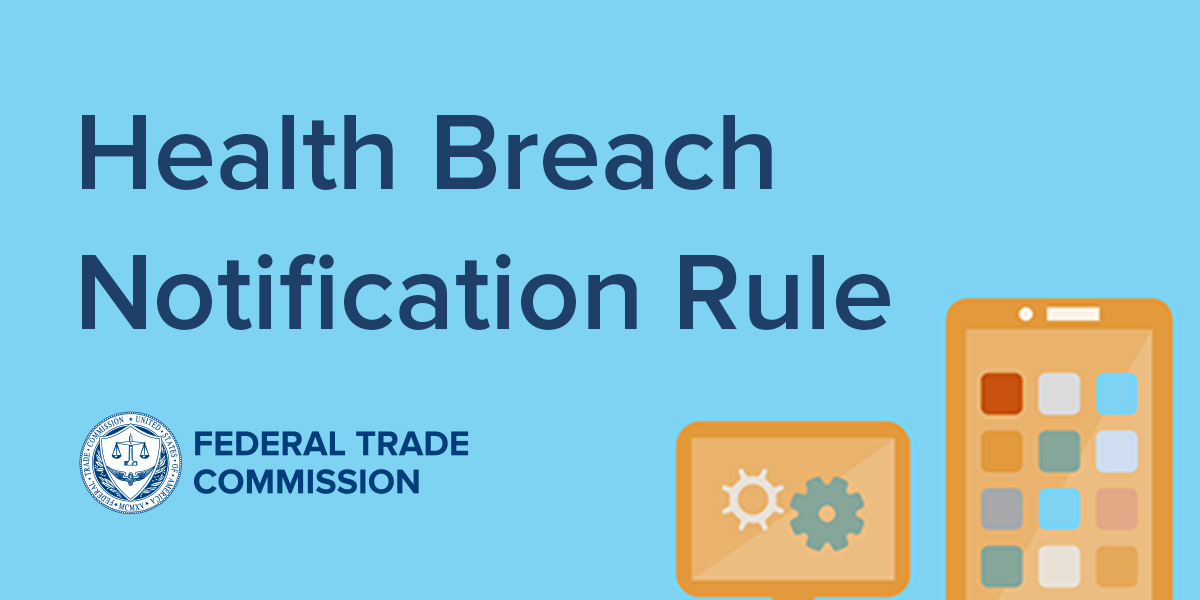- Insights
-

Events
Join us for the upcoming healthcare event to know about latest advancements and network with industry experts.

FAQ
Discover solutions for your questions about our services, events, and how to get involved with Clindcast.

Blog
Continuous learning is essential for staying relevant and adaptable in a rapidly changing healthcare world
-
- Search Talent
- Search Jobs
- Contact

Population health management (PHM) has emerged as a vital approach in healthcare, focusing on improving the health outcomes of entire populations. It involves the proactive identification, assessment, and management of health issues and risk factors within a defined group. In recent years, the integration of data analytics has revolutionized PHM, providing healthcare organizations with powerful tools to understand and address population health challenges. In this blog post, we will explore the role of data analytics in population health management and its impact on healthcare outcomes.
Understanding Data Analytics in Population Health Management:
Data analytics in population health management refers to the use of advanced techniques and tools to analyze vast amounts of healthcare data, including electronic health records (EHRs), claims data, social determinants of health, and patient-generated data. By leveraging these analytics capabilities, healthcare organizations can gain insights into population health trends, risk factors, and opportunities for intervention.
Key Applications of Data Analytics in Population Health Management:
Risk Stratification: Data analytics enables the identification and stratification of individuals within a population based on their risk factors and health conditions. This helps healthcare organizations target interventions and resources to high-risk individuals, preventing adverse health outcomes and reducing costs.
Predictive Modeling: By analyzing historical data and patterns, predictive models can be developed to forecast disease prevalence, readmission rates, and other health outcomes. This allows healthcare providers to proactively intervene and implement preventive measures.
Care Gap Analysis: Data analytics can identify gaps in care delivery by analyzing healthcare utilization patterns and adherence to clinical guidelines. This information helps healthcare organizations develop interventions and initiatives to bridge these gaps and improve care quality.
Intervention Planning and Evaluation: Data analytics provides valuable insights into the effectiveness of various interventions and programs. It helps in evaluating the impact of interventions on health outcomes, identifying areas for improvement, and refining strategies to achieve better population health.
Resource Allocation: By analyzing population health data, healthcare organizations can allocate resources strategically. This includes identifying areas with high disease prevalence, allocating healthcare professionals and facilities accordingly, and optimizing the distribution of resources to maximize their impact.
Benefits of Data Analytics in Population Health Management:
- Proactive and Preventive Care: Data analytics allows healthcare providers to identify individuals at high risk for certain conditions and intervene early, providing preventive care and reducing the likelihood of disease progression.
- Improved Care Coordination: By analyzing data from multiple sources, such as EHRs and claims data, data analytics facilitates care coordination across different healthcare settings. This ensures seamless transitions between providers and enables better management of chronic conditions.
- Enhanced Patient Engagement: Data analytics can generate personalized insights and recommendations for patients, empowering them to actively participate in their healthcare. This promotes self-management, adherence to treatment plans, and lifestyle modifications.
- Cost Savings: By targeting interventions to high-risk individuals and optimizing resource allocation, data analytics can lead to significant cost savings. It helps in avoiding unnecessary hospitalizations, emergency room visits, and duplicative tests, resulting in more efficient healthcare delivery.
Challenges and Considerations:
While data analytics holds great promise for population health management, several challenges need to be addressed. These include data privacy and security, data interoperability, data quality and standardization, and ensuring the appropriate skills and infrastructure for effective analytics implementation.
Conclusion:
Data analytics has transformed population health management by enabling healthcare organizations to harness the power of data and make informed decisions. By leveraging advanced analytics techniques, healthcare providers can identify high-risk individuals, implement preventive measures, and improve health outcomes at the population level. As technology continues to advance, data analytics will play an increasingly critical role in shaping the future of population health management and creating a healthier society.



















